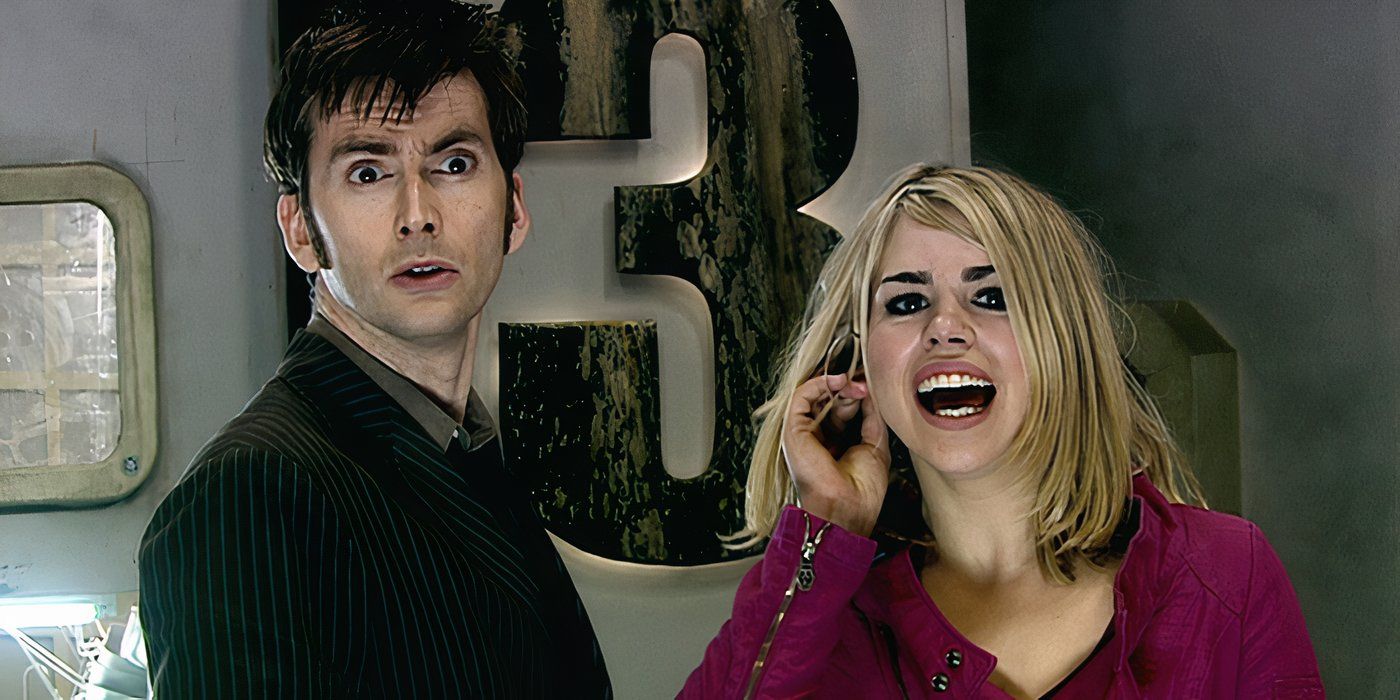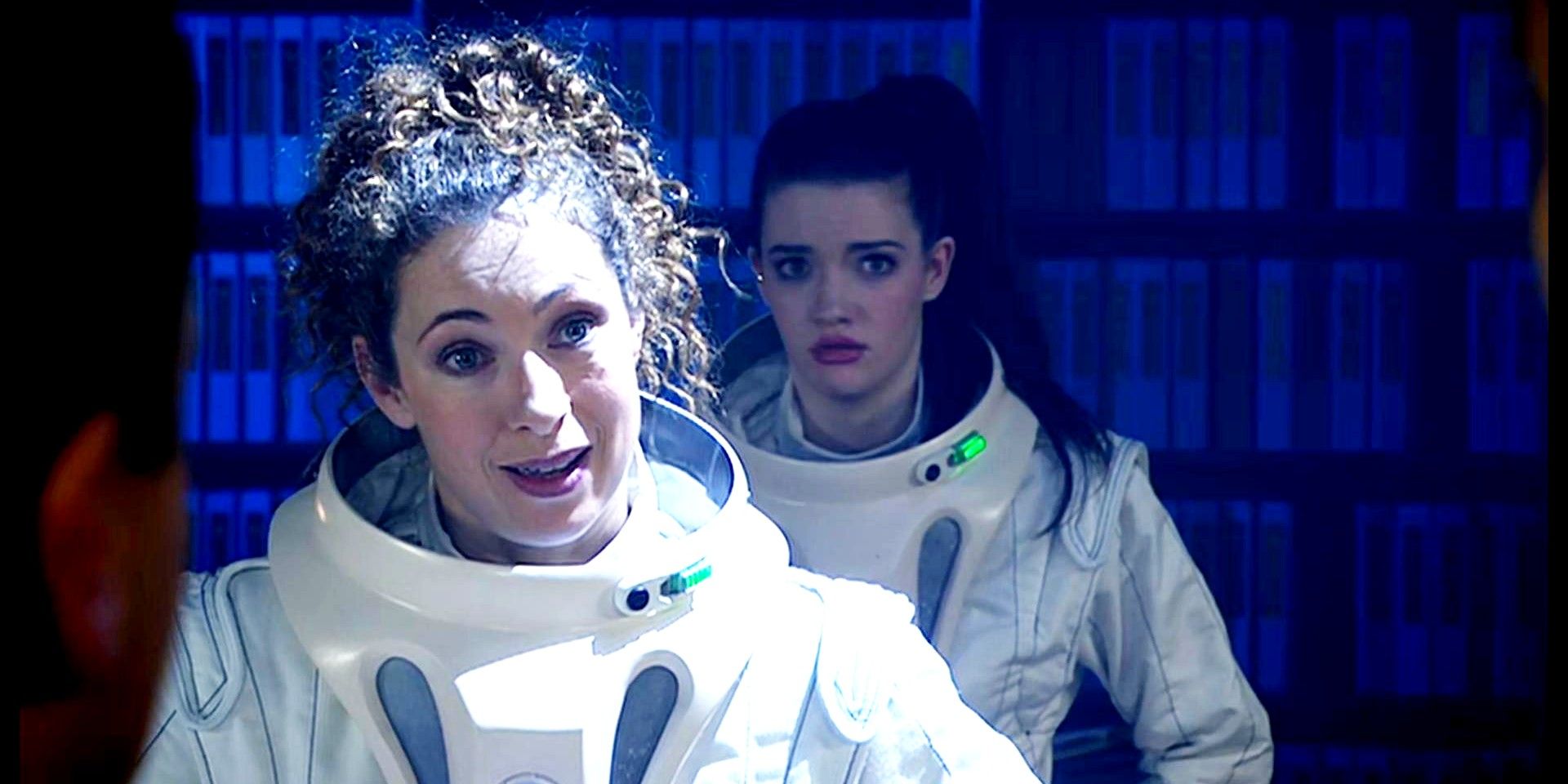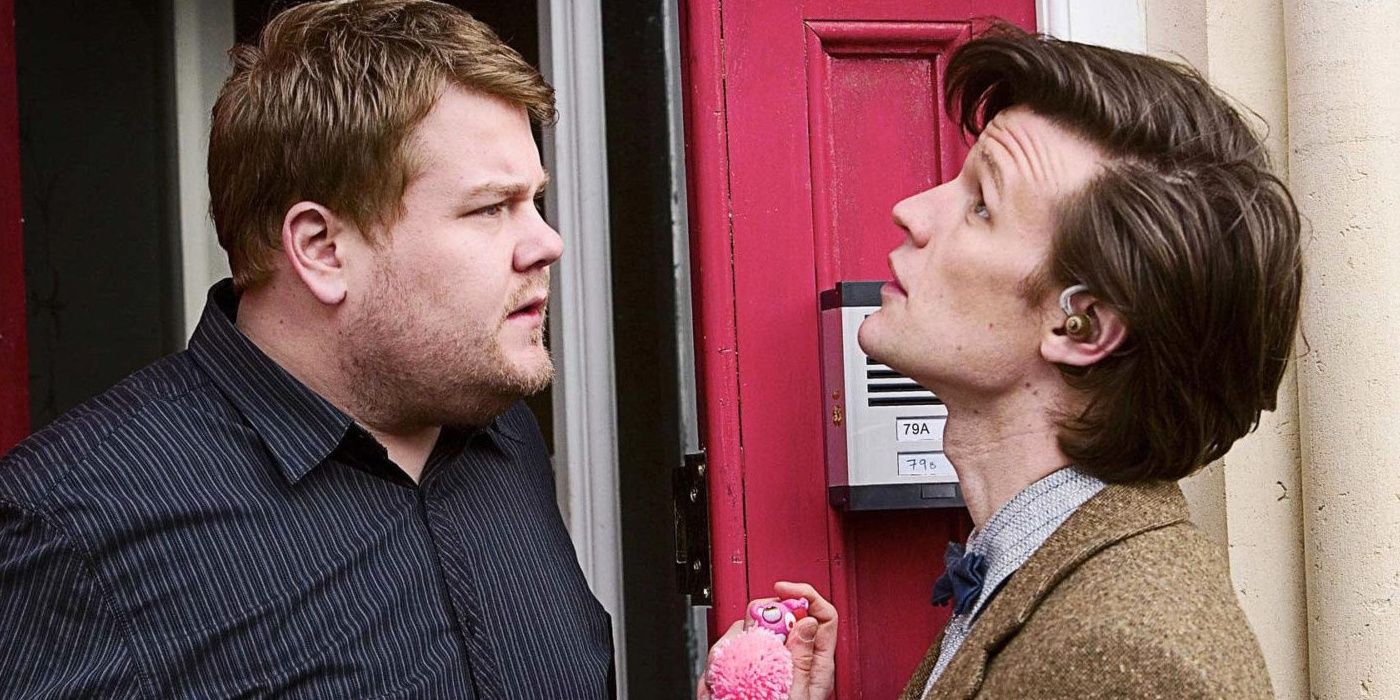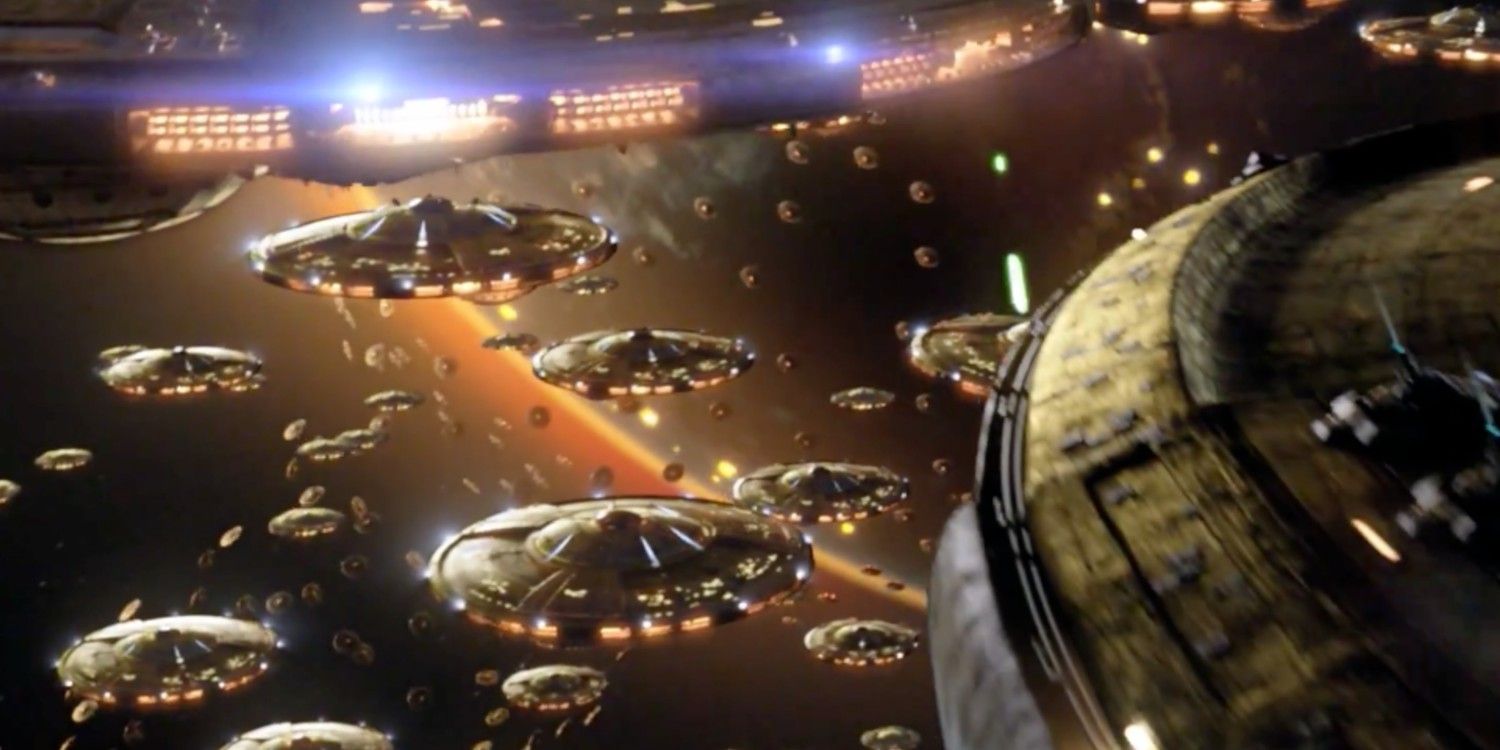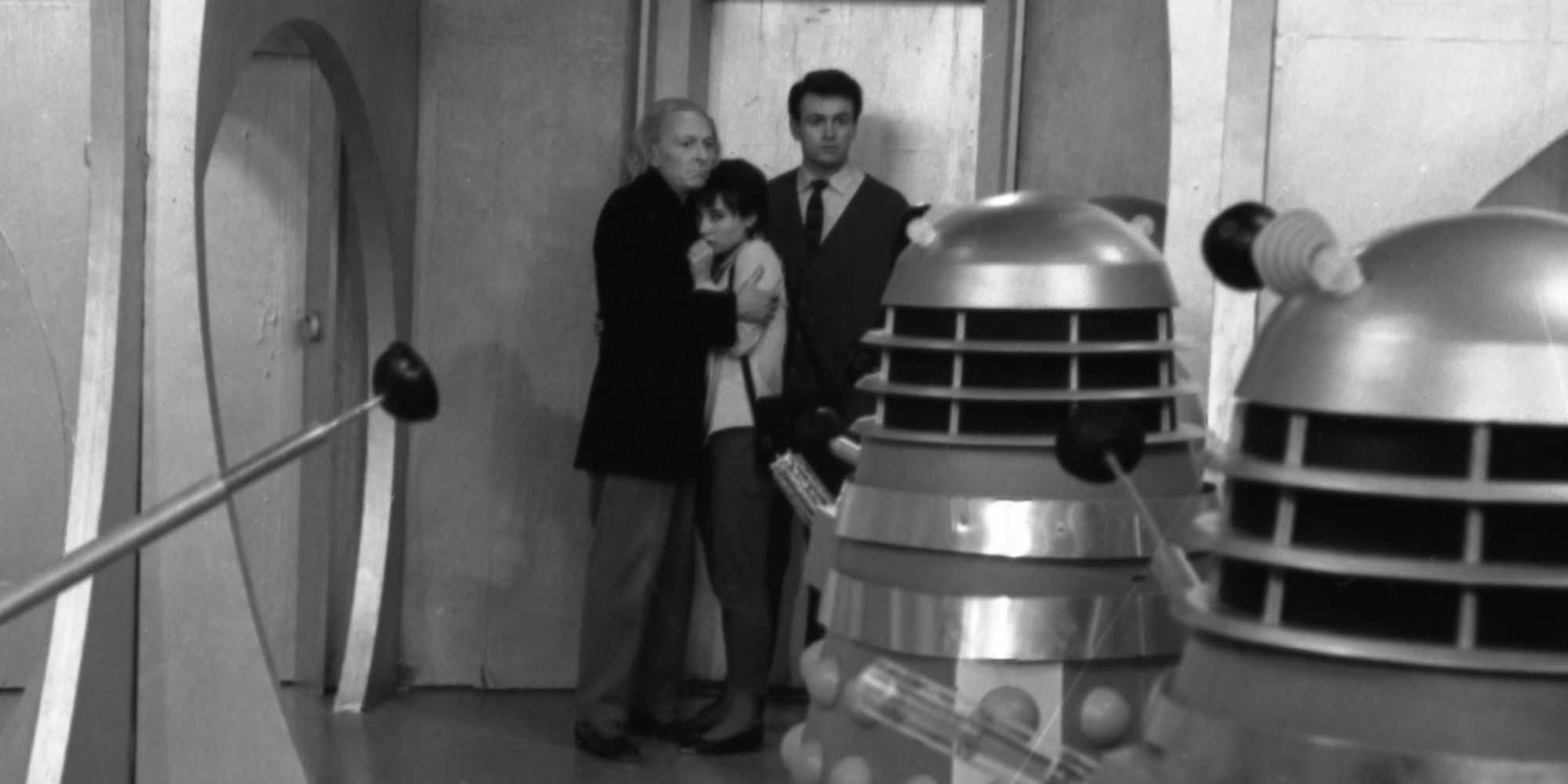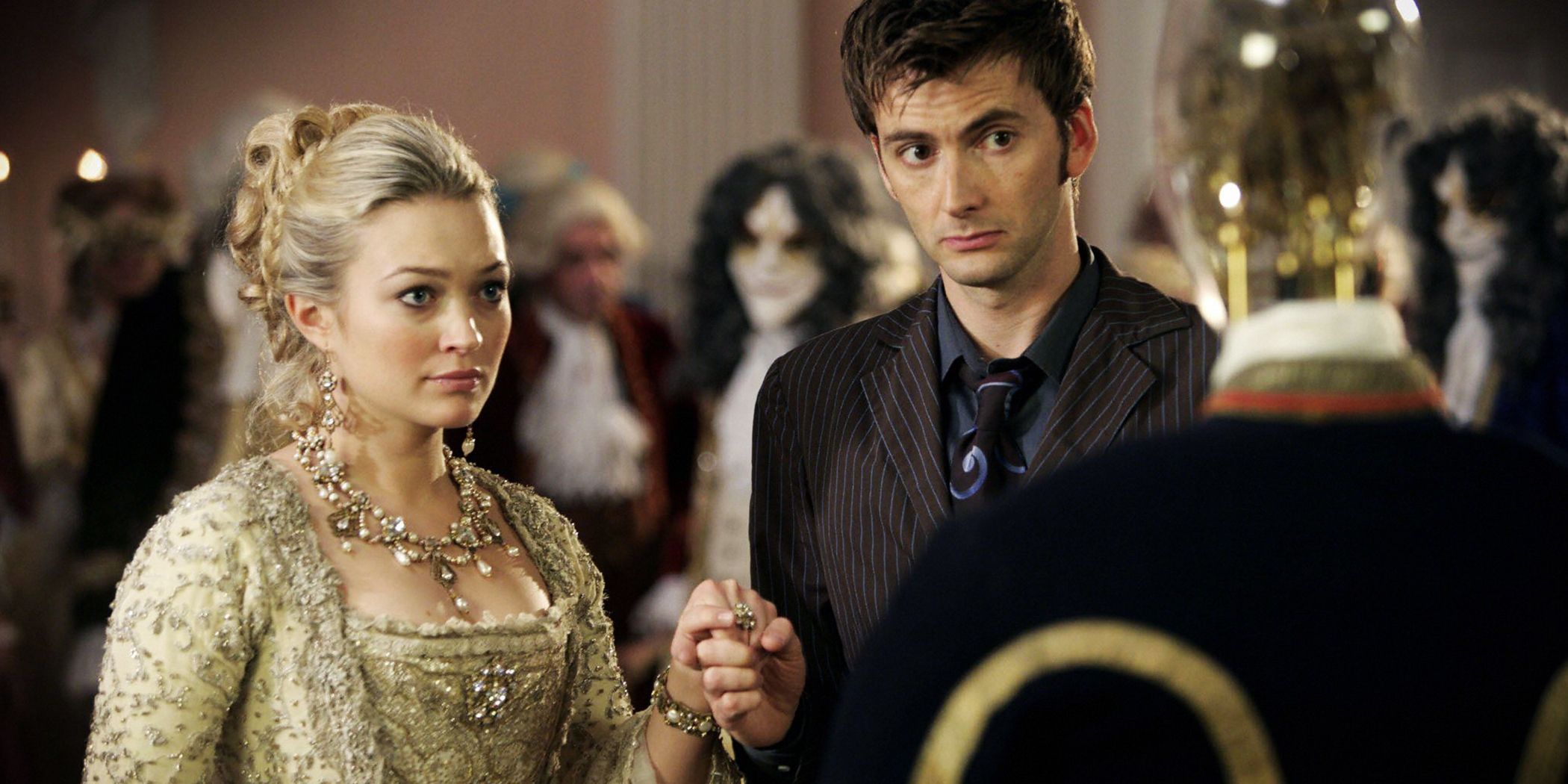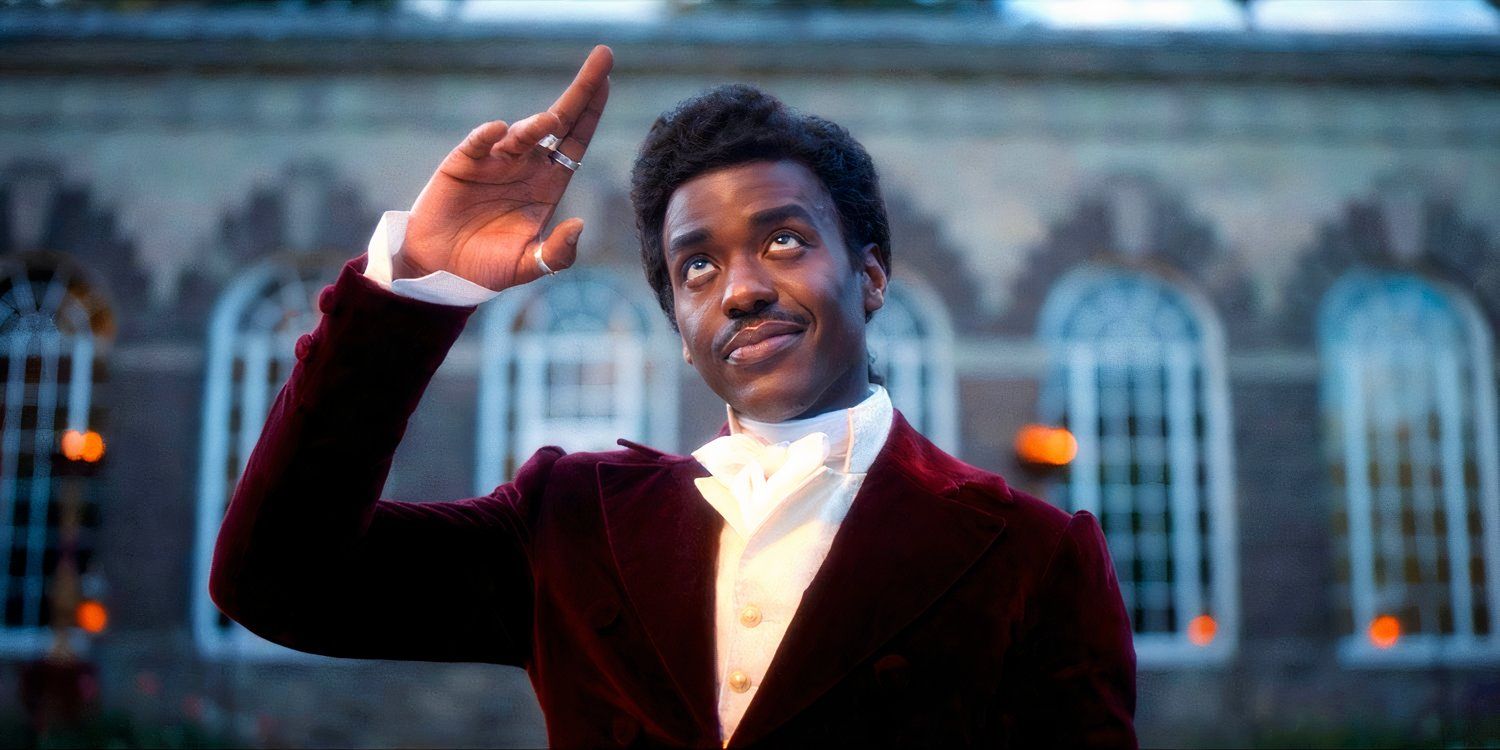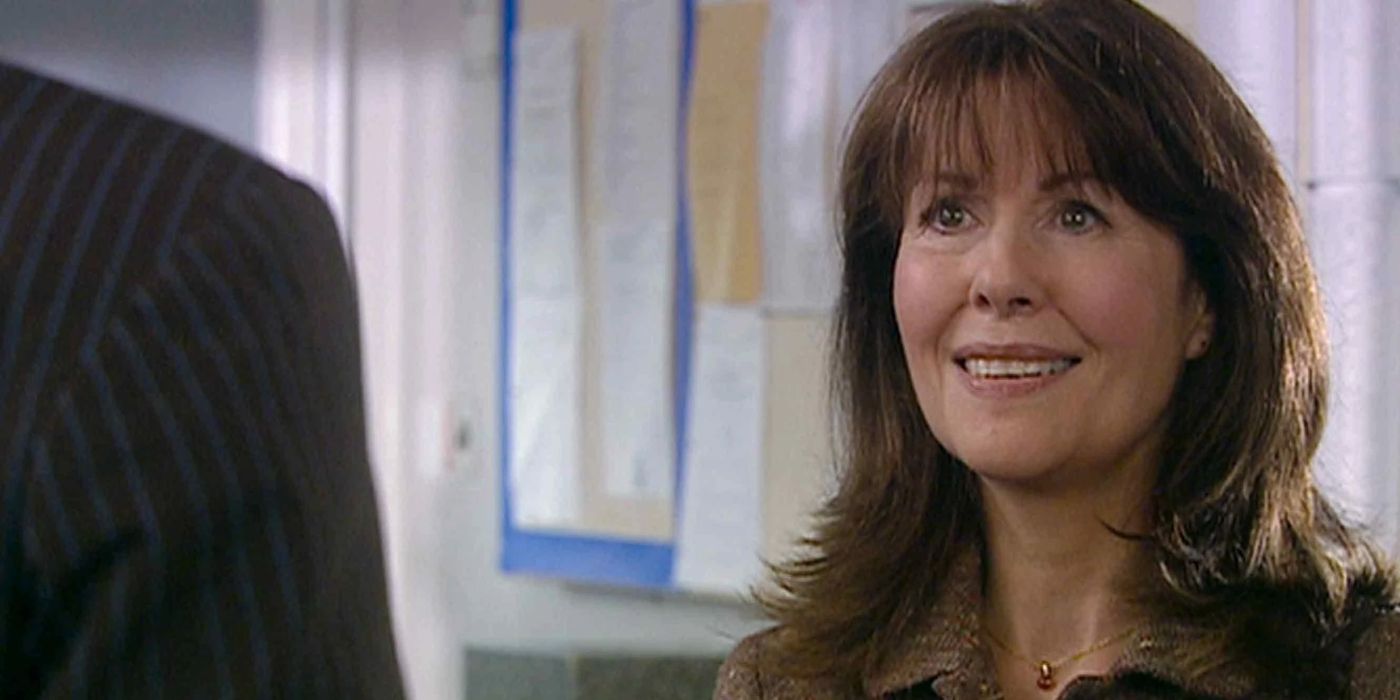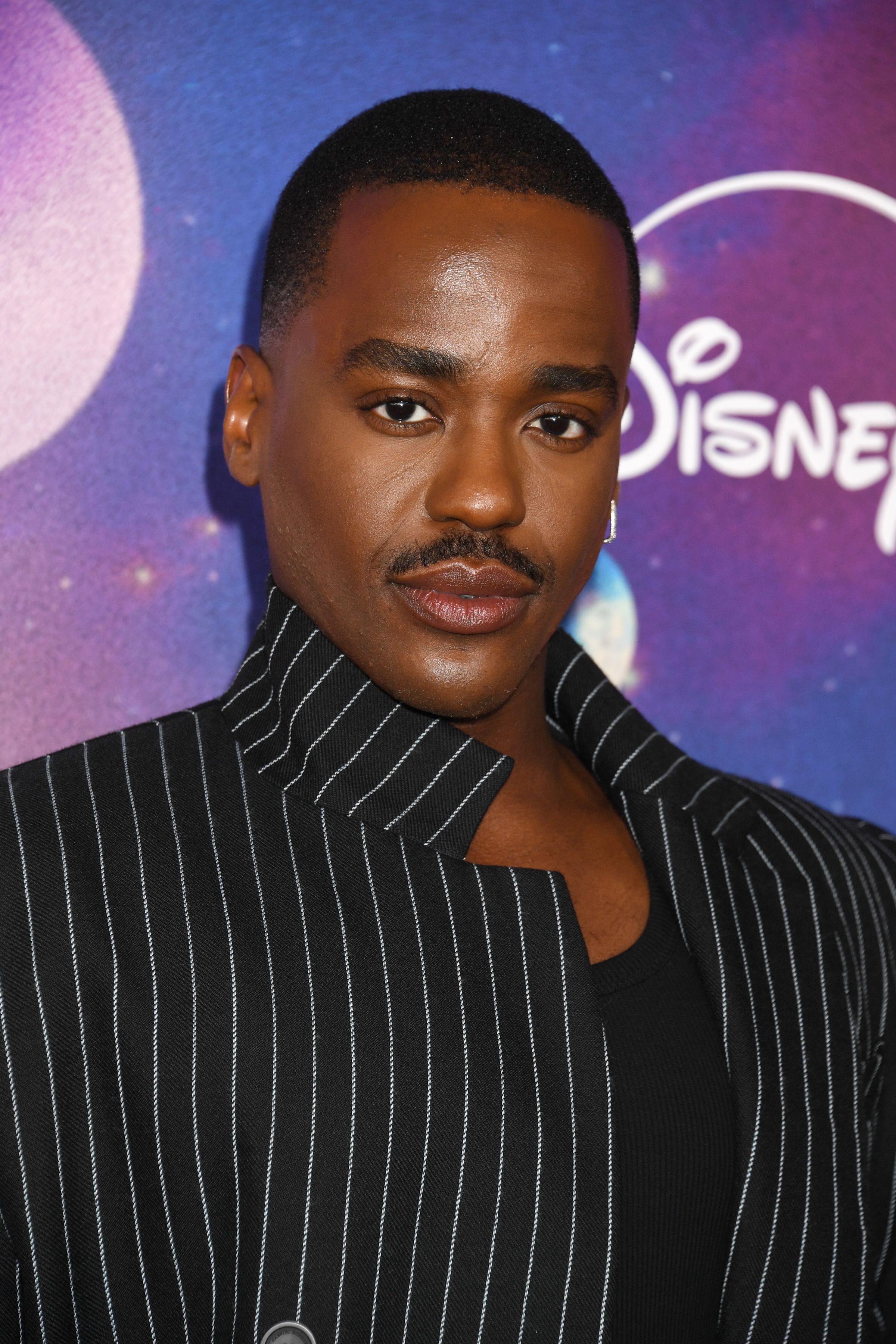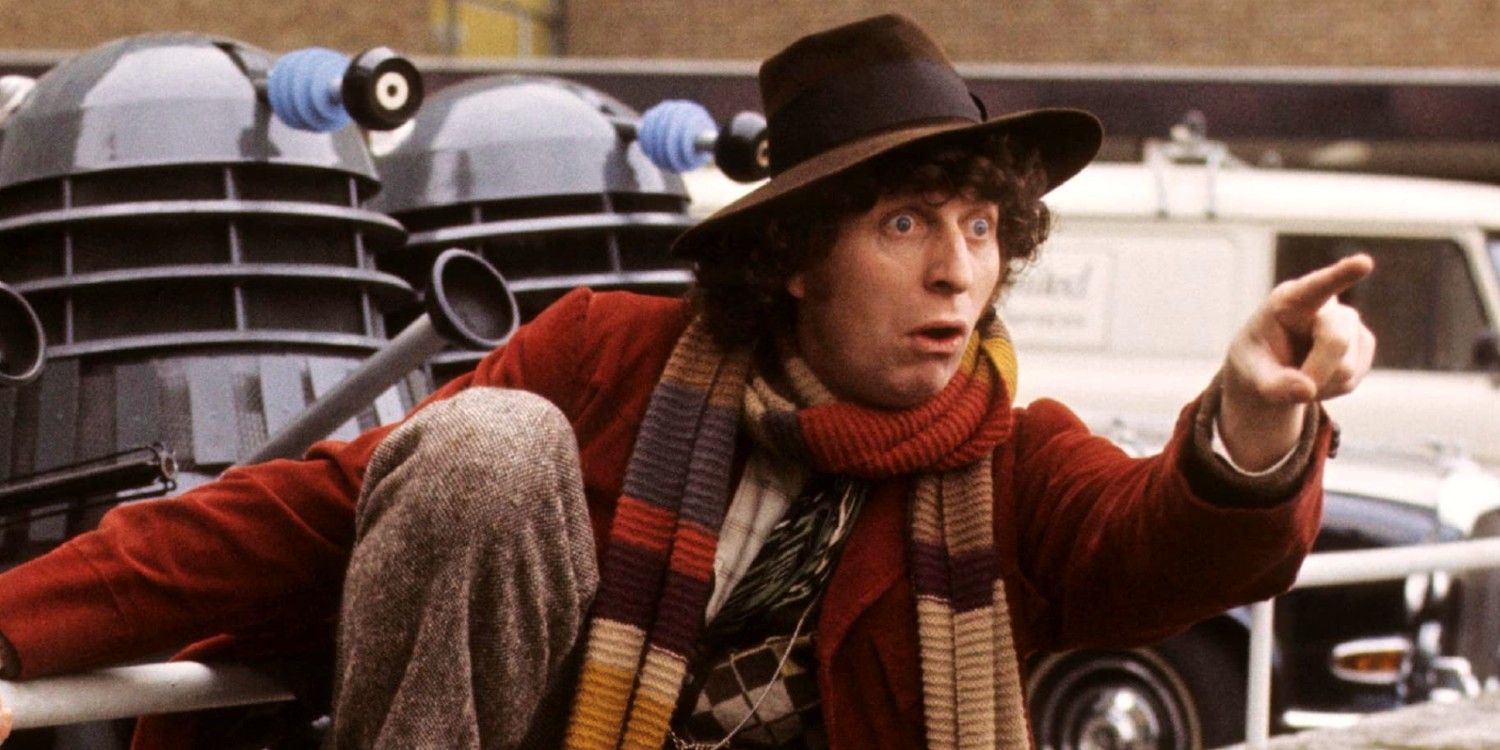Doctor Who
Despite taking part in the same cosmos and following several of the same characters , there are many glaring differences between the classic and mod eras ofDoctor Who . The show first aired in 1963 on the BBC and followed William Hartnell ’s portrait of the Doctor , a time - traveling alien from the major planet Gallifrey who adventures through outer space and clock time with his Friend and companion . The show became hugely successful thanks to itsinventive stories and loveable characters- but there are severalharsh realities of rewatching classicDoctor Whotoday . It was n’t until the 2005 reboot that the formula was last changed .
When Russell T. Davies play the show back after a period of absence throughout the ‘ XC and early 2000s , the revamp series was all different from the show that audiences were used to . While it ’s technically a continuance of the same narrative , with certain form and locations appearing in both series , the two could n’t be more unlike . enter raw audiences to classicDoctor Whocan often be a challenge , since the advanced series is much more accessible and easy to rise into - but that does n’t mean it ’s always better .
The Doctor Who universe is expanding through spinoffs , admit one about the dreaded Sea Devils called The War Between the Land and The Sea .
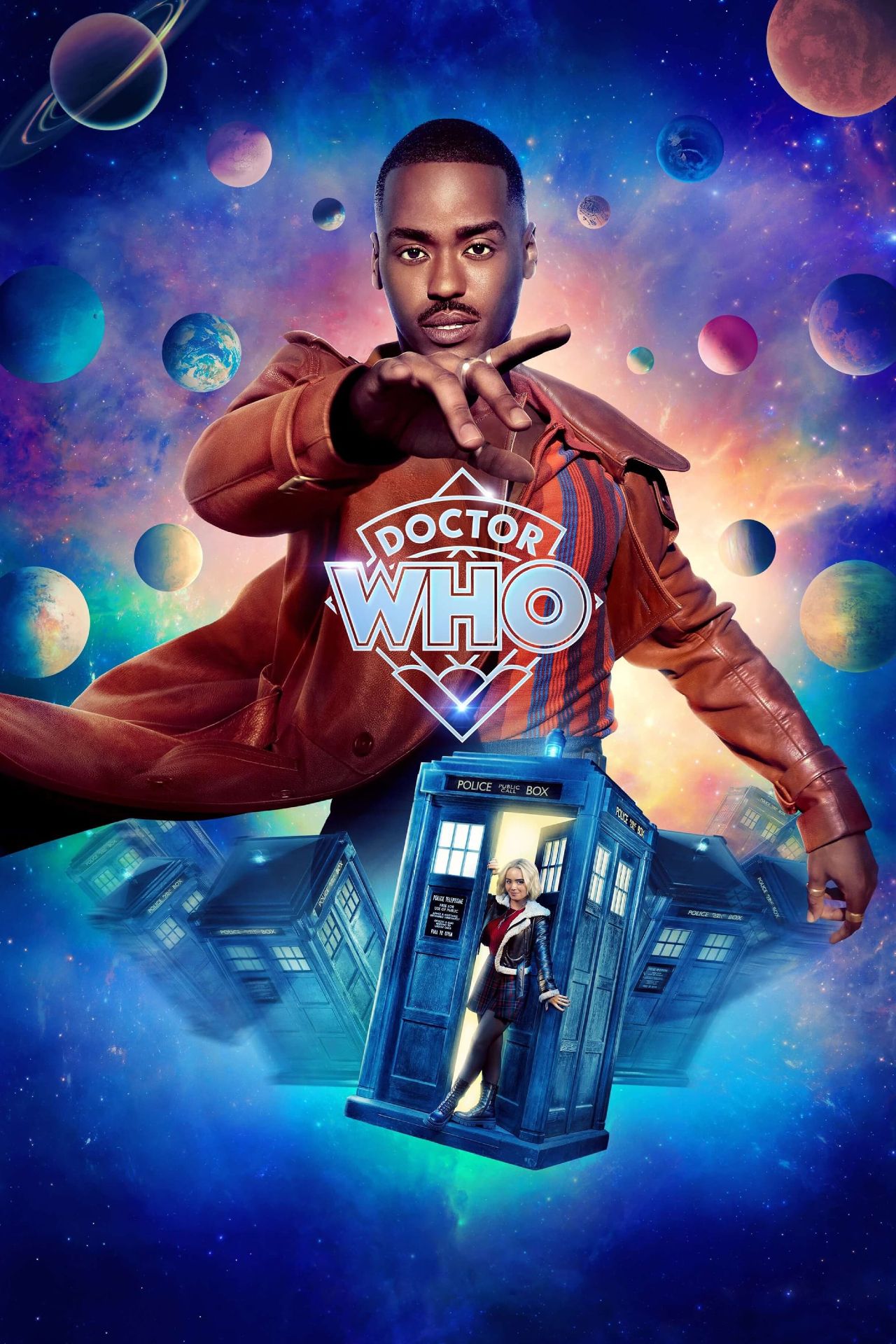
Modern Doctor Who Companions Receive More Characterization
Classic Who Didn’t Flesh Out Its Sidekicks
One of the most crying problems with the classic rendering of the series , peculiarly in the earliest seasons , was the deficiency of characterization give to the Doctor ’s companions . Although characters such asSusan Foreman and Ian Chesterton have become buff favoritesthanks to the nostalgia of the classic geological era , it ’s easy to see why audiences clamber to engage with them at the meter of exit . Their tarradiddle are frequently underwritten and overlong , as the first few season ofDoctor Whostruggled to fully understand what the role of the comrade was - it often feel like they ’re just there because they have to be .
But that does n’t entail that all ofDoctor Who ’s estimable companionscome from the modernistic era . In fact , many of the show ’s most dear brother were introduce before the show was rebooted in 2005 : quality such as Sarah Jane , Mel , Tegan , and Ace were all part of the Hellenic era , and their report were great . The quantity of interesting fellow traveller was just much lower - in the modernistic epoch , every single persona is given a copious backstoryand a strong personality . This was n’t the case with classicDoctor Who .
Kissing In The TARDIS Is Encouraged
The Doctor Is No Longer Afraid Of Romance
Another look ofDoctor Whothat was n’t really introduced until the bring up serial was the concept of wild-eyed relationships between the Doctor and his companions - or even between the fellow traveller themselves . The Time Lord never seemed concerned in love during the show ’s former seasons , perhaps because the actors themselves were often older , butthe new serial publication decided to appeal to young audiencesby having a ( seemingly ) younger protagonist and allowing love story to become a major part of the show .
Therelationship between the Doctor and Rosethroughout the revival ’s first two seasons was undeniably a huge advantage in catch untried audience invested in the show . It gave them a reason to tune in every week , watching this love story play out on screen and admit themselves to invest emotionally in their moral force . In the show ’s 5th and 6th seasons , Doctor Whopushed the limit again byhaving a marital couplet in the TARDIS together . This was another huge success , giving the show an worked up level that it never really had before .
Modern Doctor Who Has More Overarching Storylines
The Modern Episodes Are More Connected
When new audiences go back to find out Classic Who , one of the giving surprises they encounter is the show ’s serialized data format : each story was broken up into multiple episodes , which were then refer to as a ‘ serial ’ . These stories could be several hour in length , but they were n’t frequently connected to each other . This meant thataudiences could essentially alternate in at the start of any serialwithout have to know what chance in the last - this is a format that New Who abandoned almost entirely .
From 2005 onwards , the show opted for occasional storytelling : where each episode was a new story , but there were arch over narration that ran throughout the season . The show implemented this idea right away - in season 1,Rose ’s dreams of “ Bad Wolf”were the narrative thread that lead throughout the time of year , sprinkle throughout each installment and then head into a conclusion that impart everything together . This was another method acting of insure that audiences recall each week , and it gaveDoctor Whoa much with child scope and unsubtle entreaty .
Doctor Who’s Modern Era Has Way More Comedy
The Show Isn’t Afraid To Get Silly Anymore
AlthoughDoctor Whoopened the room access for several keen actor to play the protagonist ’s role throughout the year , most of the show’searly physician were n’t that funny . It was never the show ’s intention to delve into comedic waters - it was alwaysintended to be a sci - fi dramaabove all else , often pack itself a little too gravely for its own good . Actors like Tom Baker and Sylvester McCoy certainly wove some humor into their portrayals of the Doctor , but it was n’t until the reboot that he was considered a particularly funny character .
This was a monumental step forward for the show , proving that it can accommodate to its surroundings and change its dash to fit what audience want .
David Tennant and Matt Smith , in picky , brought a much - needed sense of funniness toDoctor Whothat was never present in the classic geological era . Their portrayal of the Doctor were much more childishand less serious than actor such as Hartnell or Pertwee ( who are great in other ways ) . This was a monolithic step forrader for the show , test that it can adapt to its surroundings and modify its style to suit what consultation require .
Doctor Who’s Budget Allows It To Compete With Other Sci-Fi Shows Now
The Disney Deal Made Things Much Easier
One undeniable job with Classic Who is that the special force can often be very cark due to the low budget . especially during the ‘ fourscore , this low budget really became a problem as the engineering of the time were advance and getting much stronger , butDoctor Whodidn’t have the money to keep up with it . This was amajor reason behind the show ’s initial cancelation , as the show was mislay much of the magical spell that it had in the ‘ LX and ‘ 70s .
The Time War Changed Everything In Doctor Who
The Off-Screen Disaster May Have Saved The Show
When it was announced thatDoctor Whowould be returning for a boot series , there ask to be a unequalled turn of events that preclude it from being the same as the Hellenic era . This equipment was the Time War , a universal conflict that took topographic point between the classic and modern eras , essentially commute the Doctor as a case and help as the basis for his actions in the new series . There had beenother Time Wars before the reboot , but this was a major touchpoint that transformed the show into its new state .
Without the Time War , modernDoctor Whowouldn’t have been anywhere near as successful . The potential drop of saving Gallifrey gave the Doctor an overarching goal to strive for , and his interest in the destruction of his own peopletransformed the fictitious character on a fundamental grade . Christopher Ecclestone ’s portrayal of the Doctor was powerfully affected by the grief and trauma of the war , which is why he was such a likeable champion who was loose to root for .
Classic Doctor Who Didn’t Give The Doctor Much Backstory
His History Was Mostly A Secret
Another reason that the Time War worked so well as a narrative gimmick was that it yield the Doctor a clear backstory , which is something that Classic Who had always avoided . The show want to keep much of his story a mystery , thus make water him more mysterious and oracular as a character . This turn to an extent , but it ’s difficult to amply connect with a lineament whenthe consultation is n’t given much item about who he is , or where he came from . New Who avoid this problem by concentre powerfully on Gallifrey and the warfare .
There are some attempt to give the Doctor a backstory in Classic Who , but these mostly fail due to the serialized format of the show . There was n’t much continuity between the stories , and for this reason , any details that were unwrap about his past times were essentiallyforgotten by the next adventure . This is another reason why the occasional format work out so much better forDoctor Who .
Abandoning Multi-Part Stories Redefined Doctor Who
The Change In Format Was A Huge Transformation
While there are still two - part stories every now and again in New Who , the conception of a multi - part serial that takes property across four or five hours is something that was left in the classic era . Writers such as Russell T. Davies and Steven Moffat entirely rewrote the foundations of the show with their shortsighted , raffish adventures that manage to fit anentire serial publication ’s worth of storytelling into just one hour . While serial have their advantages , short installment are much sluttish to digest on the whole .
This is a much easier format for young audiences to engage with , which was entirely necessary ifDoctor Whowas function to survive .
Steven Moffat publish many ofDoctor Who ’s in effect episodes , from “ Blink ” to “ The Girl in the Fireplace , ” and these all succeed because of their short , concise runtimes . More happens in these story than in most Classic Who serials , but there ’s no filler to make the runtimes overly long . This isa much easier format for younger audiences to engross with , which was only necessary ifDoctor Whowas going to survive .
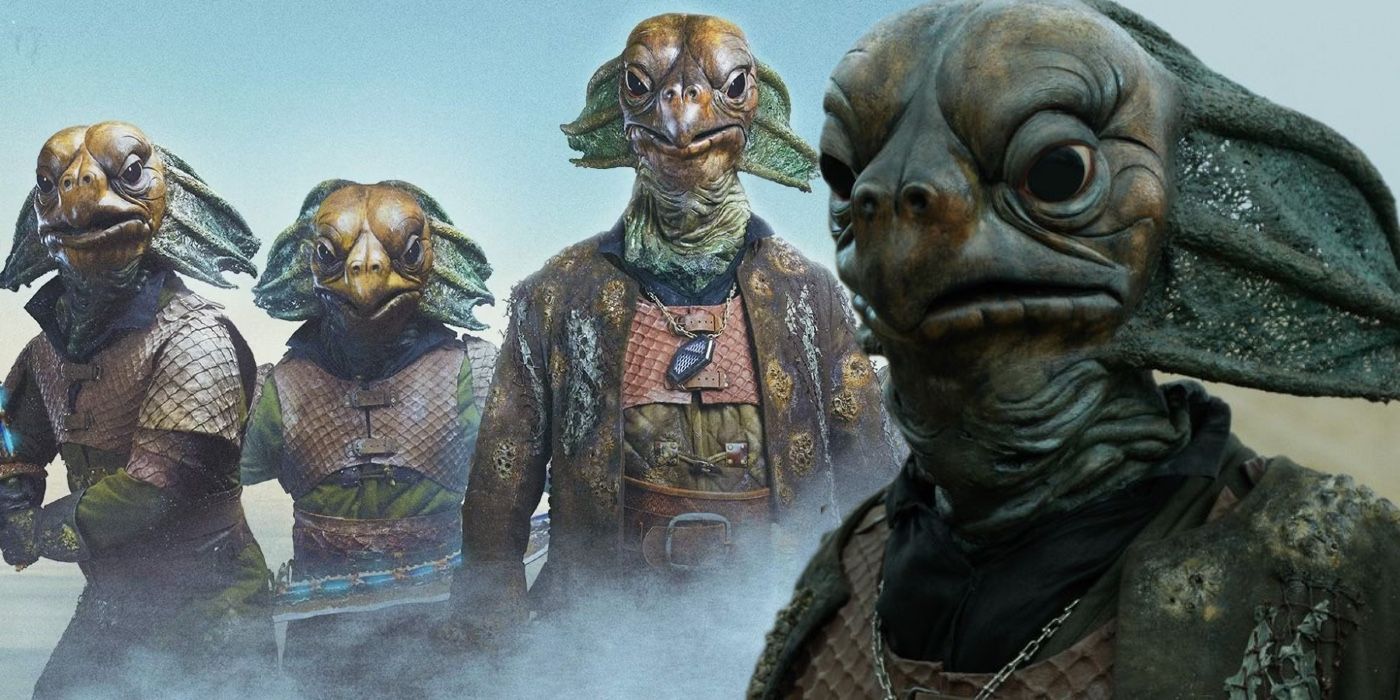
The latest Doctor Who series introduces the Fifteenth Doctor, joined by new companion Ruby Sunday.
Modern Doctor Who Is Aimed At A Worldwide Audience
It’s Not Just British Anymore
For the majority ofDoctor Who ’s classical run , the show was essentially confined to Great Britain . There were TV audience across the universe , of line , but it was nowhere near the international succeeder that it ’s become today . British humor and pop civilization references were woven into the fabric of the show , and whilethis was great for British audiences , the change to a more universal flair was necessary for the show to recrudesce free of its domestic constraints .
Since Disney has invested in the show , Doctor Who ’s reach has only become even wide . Not only has it become more accessible worldwide , release on Disney+ in many more countries , but that obstacle of its unconditioned “ Britishness ” is n’t there anymore . It ’s become much easier to understand for audience outside of Britain - and that’sboth a good and bad matter . While more multitude can enter the show , there ’s an argument to be made that it ’s suffer some of the sprightliness that was present in the authoritative show .
Doctor Who Now Has The Advantage Of Nostalgia (& Uses It Often)
The Show Isn’t Afraid To Tap Into Its Own History
WhenDoctor Whowas starting out , nobody knew what it was - and that was an immediate challenge that the writer had to overpower . Introducing audiences to a whole raw universe of discourse , with exotic races and far - off planet , must have been very difficult in the former days of the show . This is likely why the majority of the first seasons hadvery childlike , straightforward stories , as carry hazard could have make the show to be scrub . But now , Doctor Whocan be as bold and brash as it likes , because it has the refuge net of nostalgia to fall back on .
This can be seen as recently as season 14 whenDoctor Whobrought back Mel Bush , a companion of the Seventh Doctor . In Classic Who , this character would have needed more setup and backstory , but New Who can but institute her back and rely on the nostalgia of her original account to get audience invested again . It ’s a useful shaft thatDoctor Whoclearly is n’t afraid of using , and it seems to be even more present in Russell T. Davies ’ 2d term as showrunner .
Your Rating
Your comment has not been saved
Cast
The a la mode Dr. Who serial publication introduces the Fifteenth Doctor , link up by unexampled companion Ruby Sunday .
